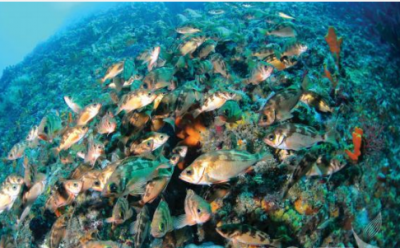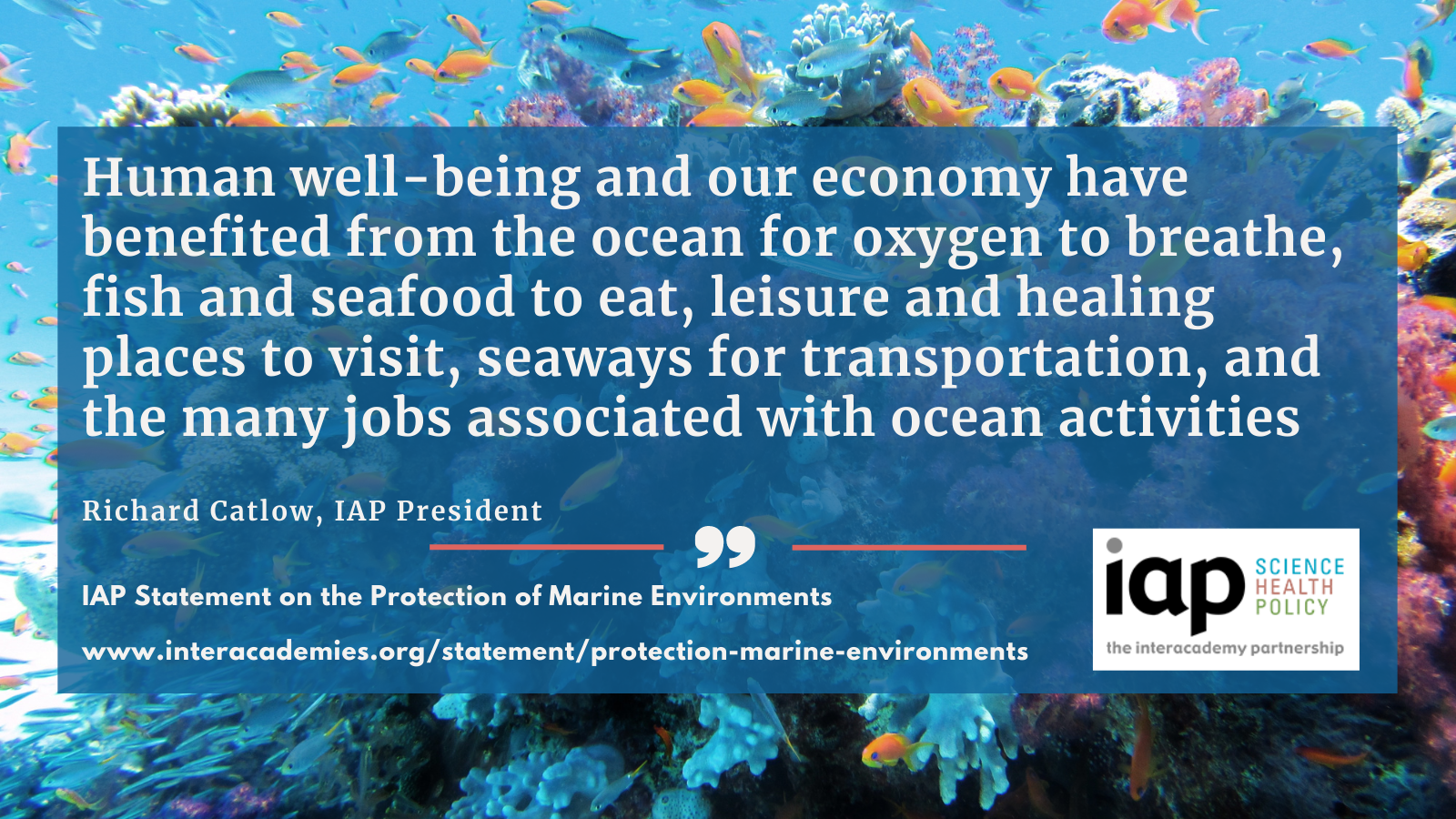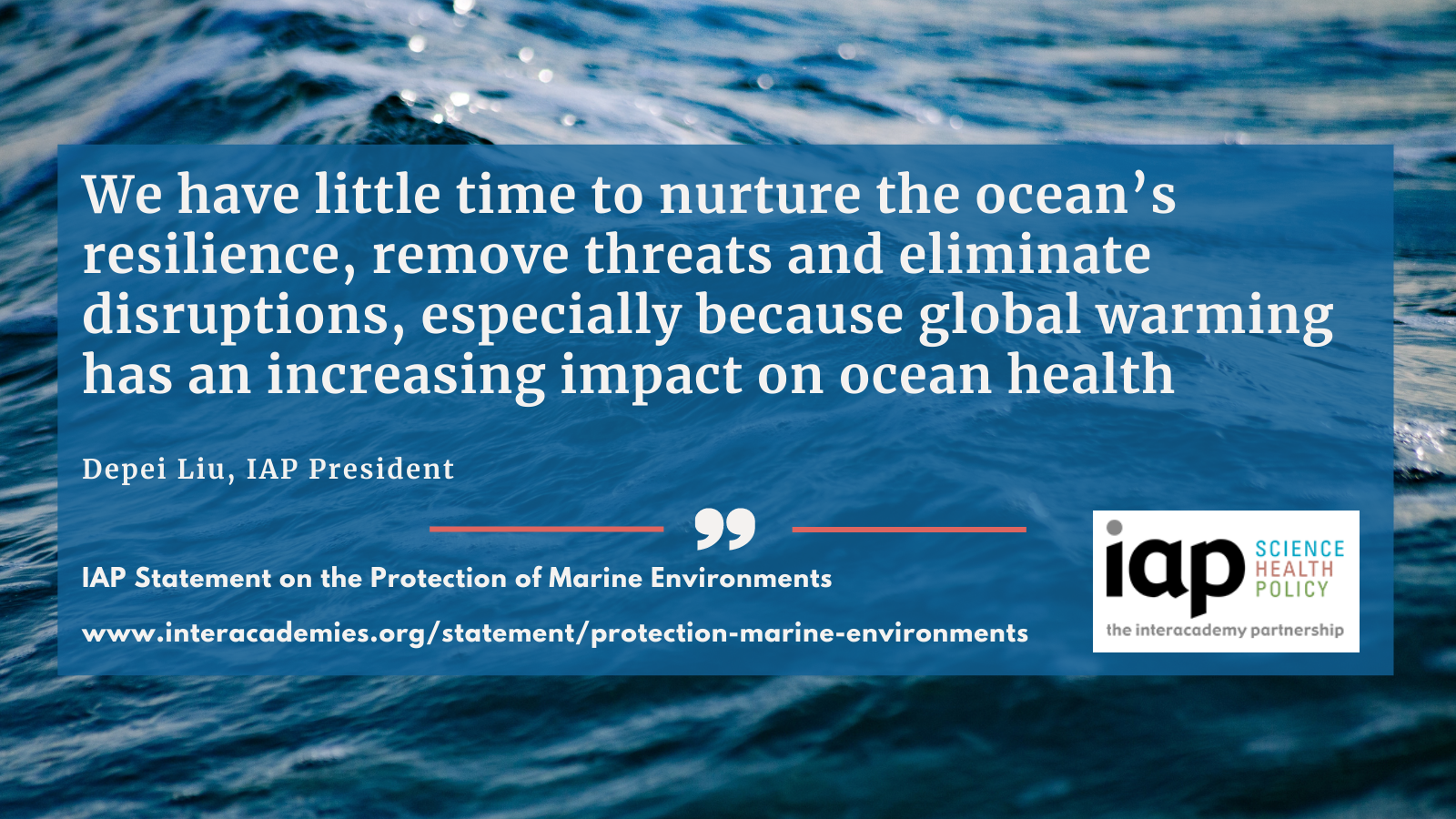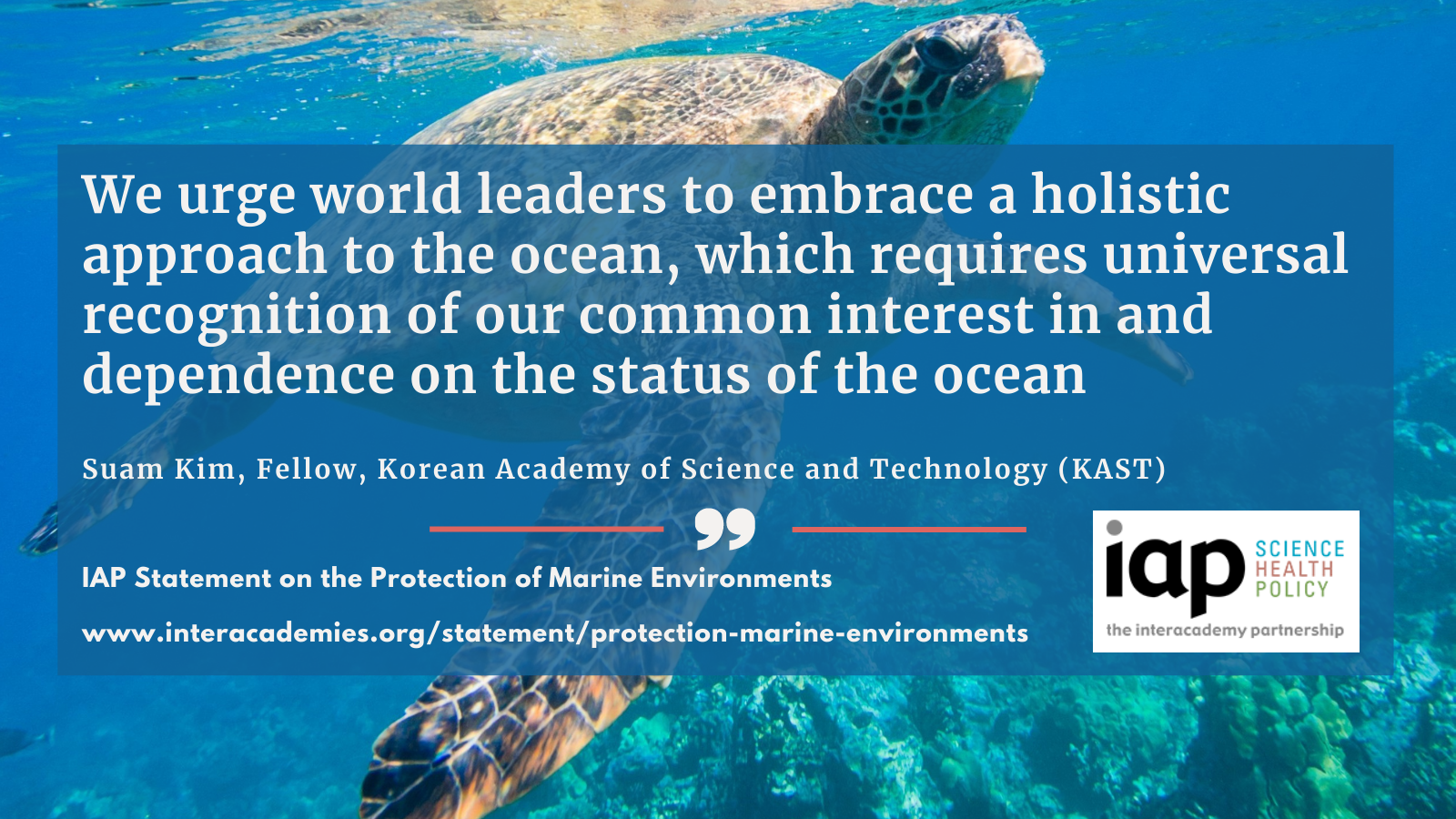


World Oceans Day was first declared in 1992 in Rio de Janeiro, Brazil, at the Global Forum, a parallel event at the United Nations Conference on Environment and Development (UNCED) which provided an opportunity for non-government organizations (NGOs) and civil society to express their views on environmental issues.
In 2008, the United Nations General Assembly resolved that 8 June would be designated by the UN as 'World Oceans Day' and highlighted in its resolution 63/111 that “marine science is important for eradicating poverty, contributing to food security, conserving the world’s marine environment and resources, helping to understand, predict and respond to natural events and promoting the sustainable development of the oceans and seas.”
The theme for World Oceans Day 2021 is ‘The Ocean: Life and Livelihoods’ and puts on the spotlight the wonder of our shared ocean and how it is our life source, supporting humanity and every other organism on earth.
Social media users from all over the world will use the World Oceans Day hashtag #UNWorldOceansDay to celebrate the ocean as the supporter of all life on Earth - the Blue Planet - and present solutions for protecting it.
Students from all around the world will celebrate the United Nations World Ocean Day writing essays on oceans and focusing on ocean science, while schools, NGOs and other organisations (including the UN) are organising events and lectures to highlight the need for creating sustainable ocean livelihoods.
The InterAcademy Partnership (IAP) recently released the IAP Statement on Protection of Marine Environments, a document that sets out concrete actions to preserve a healthy ocean and ocean life. Feel free to use our quotes for social media and infographic to urge world leaders to improve ocean health (if possible, tag @IAPartnership on Twitter).



Our ocean infographic presents facts about the ocean and the threats it faces (download it as a PDF or as a high-resolution jpeg).
As highlighted in the statement, we have little time to nurture the ocean’s resilience, remove threats and eliminate disruptions, especially because climate change has an increasing impact on ocean health.
The recovery and protection of the ocean is contingent on the development of inclusive and integrated marine sciences, with public access to scientific data, information and knowledge.
A holistic approach to the ocean requires universal recognition of our common interest in and dependence on the status of the ocean.
The continuous increase in atmospheric greenhouse gases is recognized as a global threat that needs ambitious goals and international collaboration to combat the resulting climate change.
The ocean has absorbed 30% of total anthropogenic CO2 emissions since the 1980s with enormous global impacts.
Climate change alters ocean circulation and mixing, biogeochemistry and ecosystems. These changes could interfere with the ocean’s capacity for ecosystem services such as food supply, carbon storage, oxygen generation and climate stability.
Most fisheries stocks are fully exploited: more than 90% of marine stocks are either overfished (34.2%) or fished at maximum sustainable levels (59.6%).
Additional disruptions result from illegal, unreported and unregulated (IUU) fishing, habitat degradation, pollution and gear abandonment. IUU fishing is thought to be responsible for annual catches of up to 25.9 million tonnes and has undermined sustainable fisheries management, threatening 4.3 billion people who depend on fisheries for nutrition.
To find the solutions of the world academies, check the IAP Statement on the Protection of Marine Environments.
